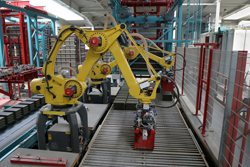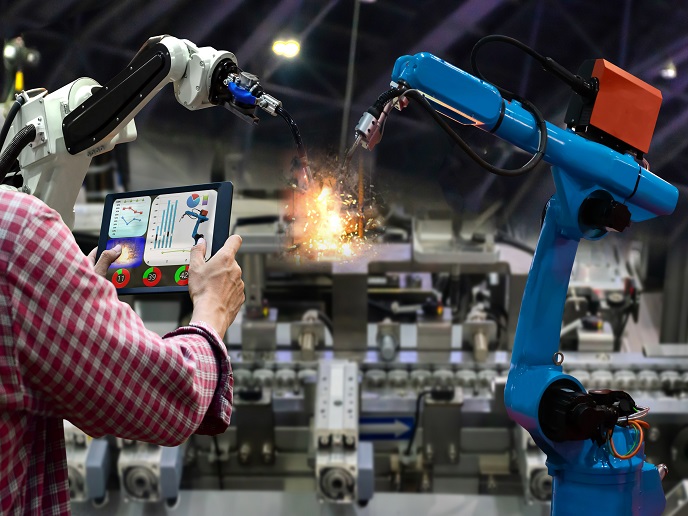Improved industrial robots are more versatile
The goal of the 'Adaptive robots for flexible manufacturing systems' (Arflex) project was to improve industrial robots through application of the latest technology. Researchers employed advanced control theory, sensors and electronic embedded systems to enhance robot performance in industry and extend it to small and medium-sized enterprises (SMEs) and new applications. Project partners began with existing state-of-the-art industrial robots and improved on flexibility, adaptability and the range of tasks they could carry out on the factory floor. This was done by introducing a new sensor system that enabled a higher level of control to be achieved by generating a correcting command. The command can be added to the present reference signal from the user interface in order to obtain the expected level of improvement in the robot's performance. Research conducted by the Arflex consortium stands to have a significant impact on the industrial robot sector, which can be extended to all manufacturing systems. This will be achieved through the intimate integration of mechanical engineering with electronics by embedding intelligent sensors and control theory into the design of advanced software and hardware technologies. The success of the Arflex project will also enable European manufacturers of industrial robots to compete more effectively in the world market.







